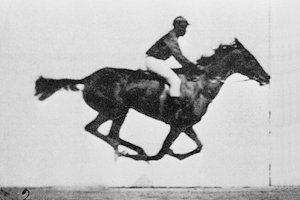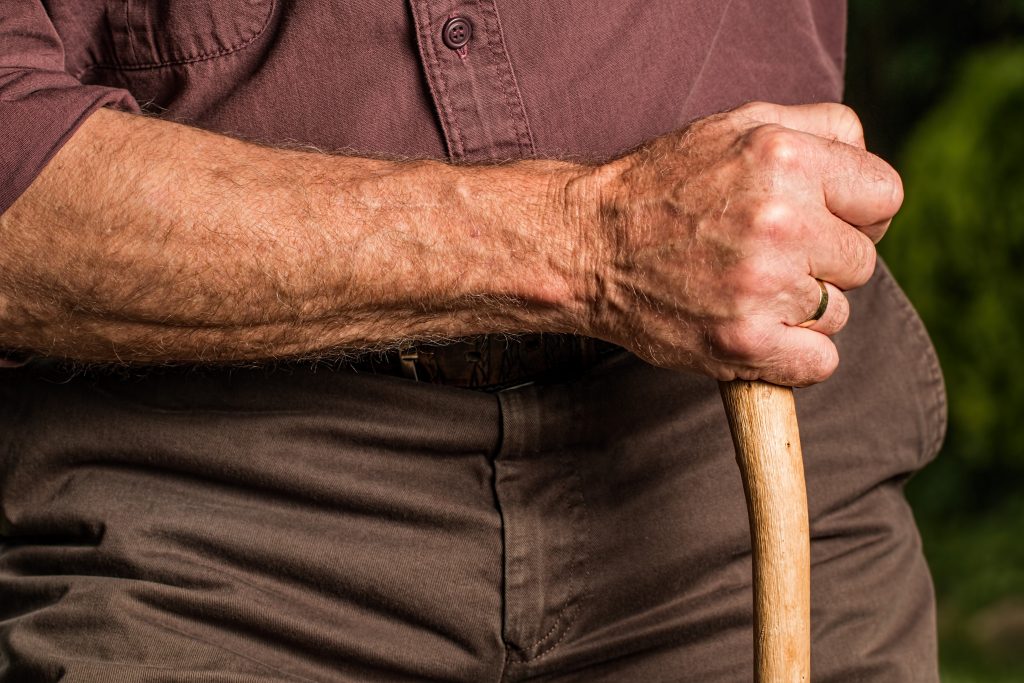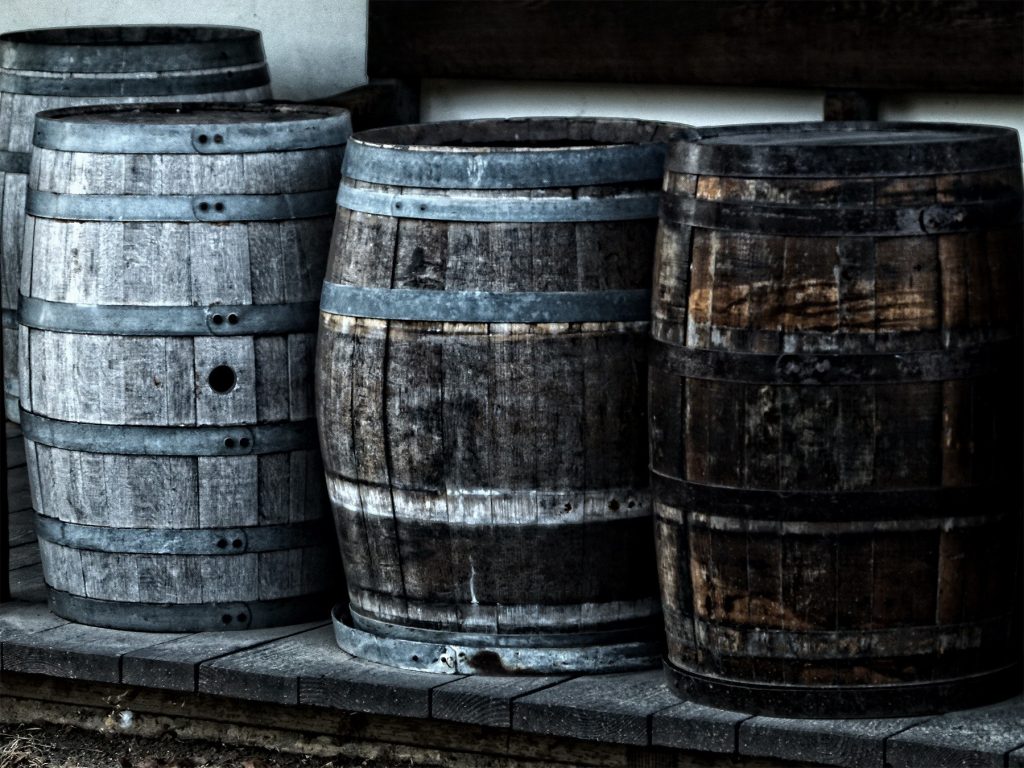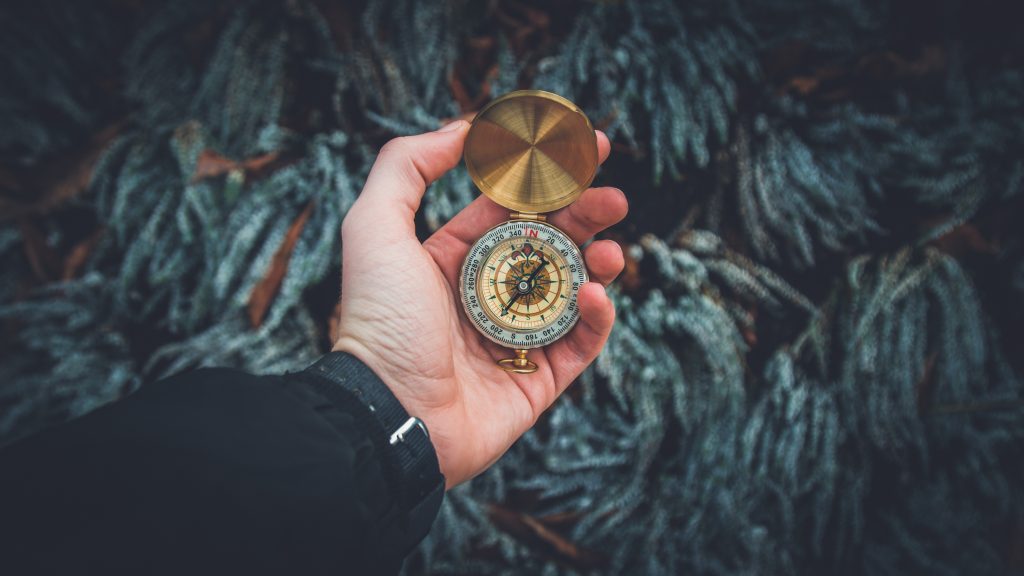Icelandic Idioms, Idioms Everywhere! Posted by Meg on Apr 18, 2018 in Icelandic culture, Icelandic grammar
Today, I thought we’d do something fun and build up some vocabulary. Let’s have a look at a few idioms that I recently learned, and see if you can guess what they mean!
Eiga við ramman reip að draga – to have to pull a strong rope
By original uploader Johnmoore6 at English Wikipedia [GFDL (http://www.gnu.org/copyleft/fdl.html) or CC-BY-SA-3.0 (http://creativecommons.org/licenses/by-sa/3.0/)], via Wikimedia Commons
This phrase means simply to take on a difficult task, to struggle with something.
Að hafa fullu tré við einhvern – to have a full tree with someone

By gillfoto [CC BY-SA 4.0 (https://creativecommons.org/licenses/by-sa/4.0)], from Wikimedia Commons
This phrase means “to have a full tree” doesn’t make a lot of sense. So let’s break it down:
First of all, it means “to be somebody’s equal” or “to be on even footing.” But doesn’t it seem particularly nonsensical? Originally, this phrase referred to a “siglutré,” i.e., a mast on a shop – so you would be “full mast” with someone. I’m not a seawoman, but I assume that this makes sense to some of my more nautically minded readers. There’s a related phrase I’d also like to point out: að hafa í fullu tré við eitthvað, which means “to have a lot of trouble with something”.
Falla í stafi – [a barrel] loses its planks
This phrase means to be stricken with wonder, to be stunned.
It goes back to a time when wooden barrels, as those above, would fall apart. The stafirnir (planks) would loosen from the iron banding and the cask would simply “falla” apart.
Vera ekki af baki dottinn – not be fallen off (the horse’s) back

Eadweard Muybridge [Public domain], via Wikimedia Commons
I think you can guess this one: it’s to not have given up (yet) or, perhaps, to not give up at all. To continue to hope, work, and persevere.
Fara í hundana – to go to the dogs

I settled on this cute picture of a sleeping puppy because this phrase actually means “your life has gone wrong,” or simply “life has gone wrong”. Ég fór í hundana – my life went all wrong. But luckily, you haven’t yet fallen off the horse’s back, so there’s that. 🙂
Að fara fyrir ofan garð og neðan – to go above the garden and below
This phrase means to miss the point – to misunderstand.
The way it was explained to me (by a poet, of course) was thus:
imagine a farmer throwing hay to the pigs, but his hay goes everywhere but the trough.
He wasn’t able to account for the garden. I know I have so native speaker readers, so I’d be interested in hearing their takes.
Að fara á vonarvöl – to go on a hope-cane

This one means “to be unable to sustain yourself financially,” to “not be financially independent”
Which one was your favorite? Would you like to hear more?

Build vocabulary, practice pronunciation, and more with Transparent Language Online. Available anytime, anywhere, on any device.





